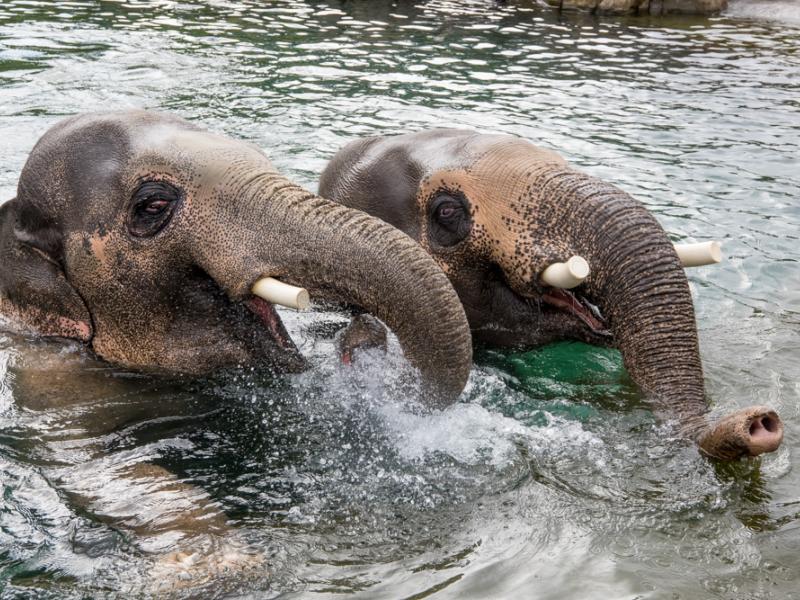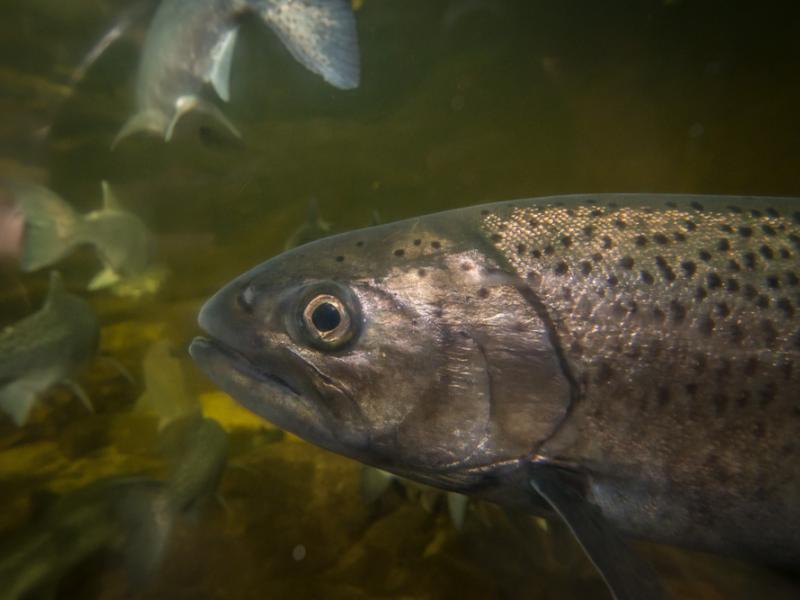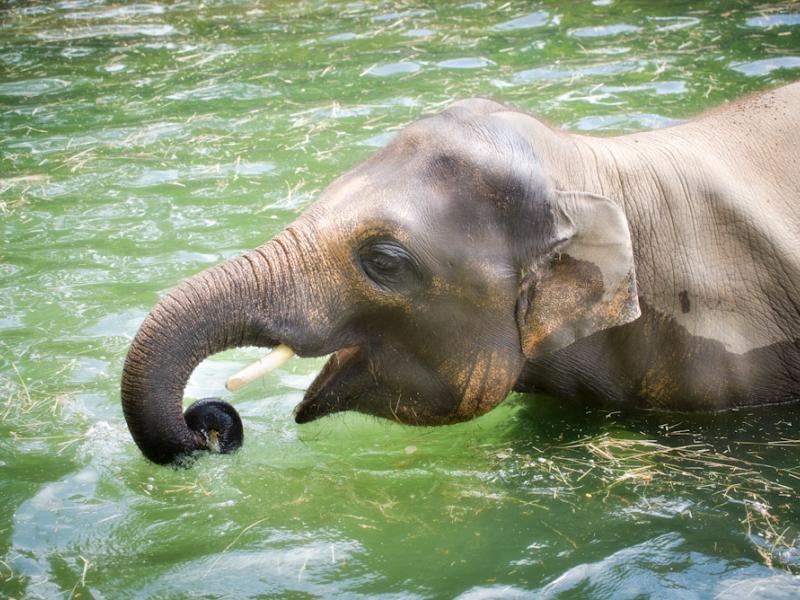Small actions that help rhinos
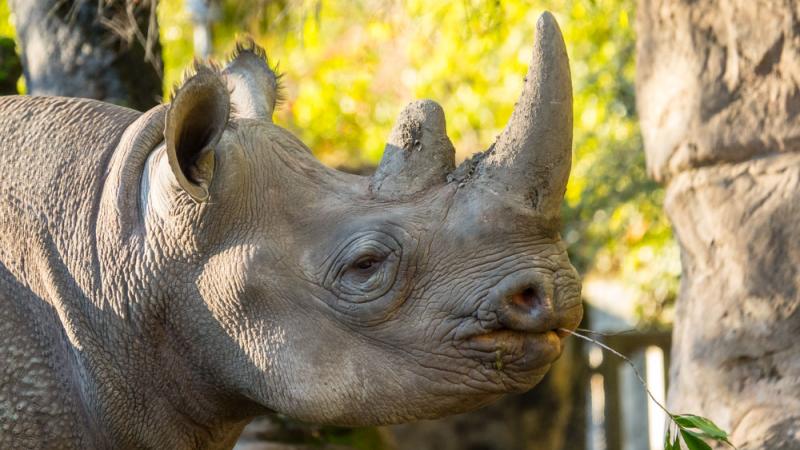
All five rhino species are being relentlessly and illegally hunted to feed the demand for rhino horn, a traditional medicine used predominantly in Asia. Poaching has increased in recent years, and is especially prevalent in Africa, home to the black and white rhinos. Habitat loss in Southeast Asia has pushed Sumatran and Javan rhinos perilously close to extinction. An estimated 35 Javan rhinos are thought to remain in the wild and Sumatran rhinos are already believed to be extinct in much of their range.
How you can help
-
Use the Sustainable Palm Oil Shopping App

Palm oil – used in foods, cosmetics and other products – is the world's most popular vegetable oil. The process of producing it destroys tropical habitats and significantly contributes to greenhouse gas emissions. Some companies are taking steps to reduce the palm oil's impact on the environment. Use the Sustainable Palm Oil Shopping App, produced by Cheyenne Mountain Zoo, to check if the product you are about to purchase is made my a company working to switch to deforestation-free palm oil.
-
Look for the FSC-certified label on wood and paper products
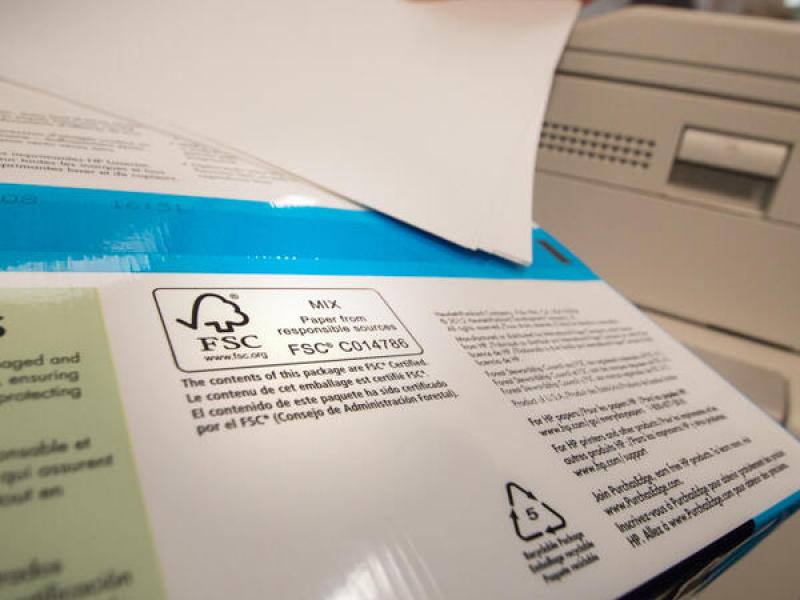
Whether you’re purchasing napkins, paper or a bed frame, look for the Forest Stewardship Council (FSC) label to help ensure that your wood product is “friendly” to forests. Forests are home to 80% of the world’s terrestrial biodiversity and they help to stabilize the earth’s climate. FSC standards help limit clear cuts, restrict the most hazardous chemicals and reduce erosion along rivers.
-
Donate to the Oregon Zoo Foundation
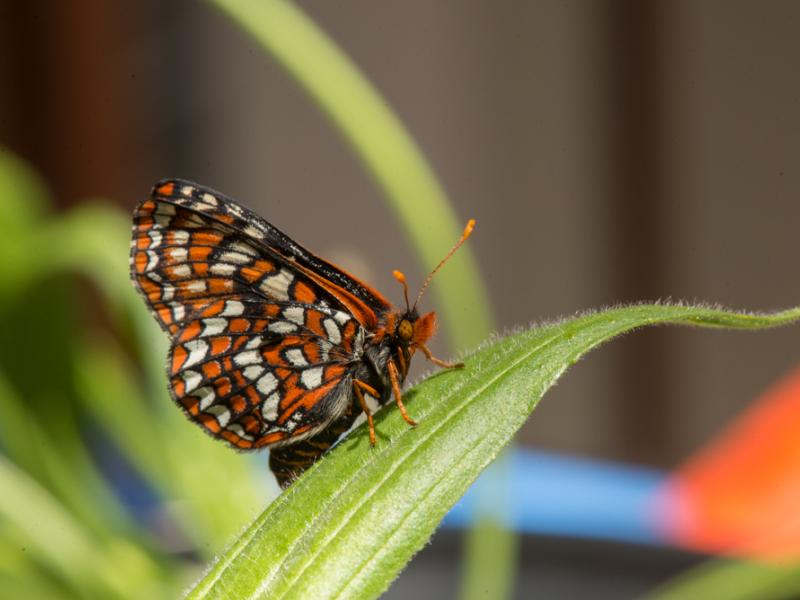
Donate now and make a world of difference for wildlife!


